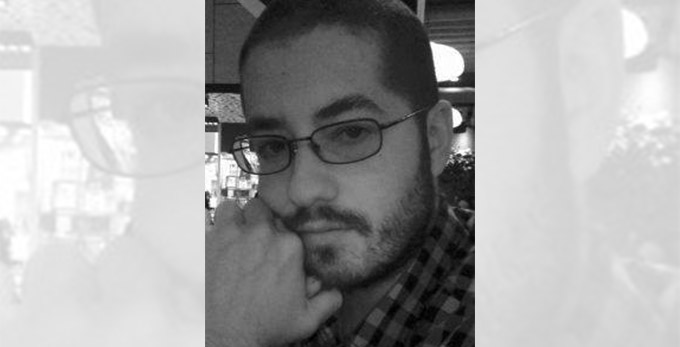Coping with stressful events, those psychological imprints, could mean coping with one’s own future. If we consider ourselves victims of negative past experiences, we can look at our future in a depressive and agonizing way, and vice versa. However, the biggest ”natural gift” that has been given to humanity is their (our) freedom to choose between various alternatives. Hence, we can decide on whether we want to accept negative past events as they are or to transform them into more acceptable (i.e. healthier) experiences. Some of us can do it automatically and unconsciously, whereas others need to have a person (a friend, parent, sibling, psychotherapist, counselor, life coach, etc.) who will understand and support them whilst dealing with such experiences.
First of all, people who feel that their past is a heavy burden that should be overcome or rejected, have to realize that they do not necessarily have to be its slaves. They possess their own will; therefore, they can be open to change and to grow up psychologically. Secondly, each negative experience is a kind of a life lesson that is to be learned and mastered. Thirdly, dealing with the past should be perceived as a challenge which can put our psychological and physiological resources to the test. In other words, it is an intrapersonal and interpersonal exercise that strengthens psychosocial mechanisms of coping with unpleasant experiences, thoughts, and emotions. Fourthly, as we have already gained experience with this category of psychological problems, we can help others with similar difficulties. In humanistic psychology, this practice is called self-transcendence and is highly recommended because of its prosocial nature. Along with it, group therapy is an example of helping others whilst dealing with similar psychosocial problems. Of course, group therapy should preferaby be guided by a trained psychologist, psychotherapist or psychiatrist.
Additionally, there is another (self-help) strategy that can be applied to this kind of problems. It is a so-called downward social comparison. This coping strategy includes making comparisons between ourselves and others whose problems are more severe than ours. To be more specific, if we make these (downward) comparisons, we can perceive our problems as more bearable than we have thought of them before.
From the viewpoint of psychoanalytic psychotherapy, people should try to bring negative experiences to their consciousness and work on them with the help of their psychoanalyst. However, defence mechanisms should be overcome first, because they are barriers which prevent entering into unconscious mind. On the other hand, defence mechanisms (repression, regression, projection, rationalization…) protect our ego from devastating contents of our unconscious mind. This is the reason why psychoanalytic psychotherapy develops slowly. To put it in other words, conscious mind of a person should not be overflooded with traumas and other unpleasant experiences. Thus, psychotherapy is a stepwise process, tailored to the psychological capacities and resources of a client.
From the perspective of cognitive-behavioral therapy (CBT), there is a malicious circle of thoughts in people burdened with negative past experiences. This negative pattern of thinking (which comprises self-destructive automatic thoughts) should be reprogrammed and transformed into an optimistic process of thinking. Through CBT, clients become aware of their toxic thoughts and unpleasant emotional states and start working on them in a systematic and well-planned way arising from client’s and psychotherapist’s agreement.
We know that dealing with a difficult past is a painful process; however, there are mechanisms that can facilitate it. It is our responsibility (towards our mental health) rather than the choice to use them or to contact a professional who is able to provide some help. We should always keep in mind that among our fundamental rights is that of seeking help when being in unenviable situations. Emotional, tangible and informational social support are some forms of collective reciprocity that make our lives easier to live and, generally speaking, more fulfilled.
Selman Repišti (1987) is a Bosnian-Montenegrian psychologist, statistician, and writer. He published five books, more than 20 scientific papers, as well as around 100 popular-science articles. His main fields of professional interest are personality, positive, and forensic psychology. He promotes lifelong learning and methods that can help in maintaining good mental health.




